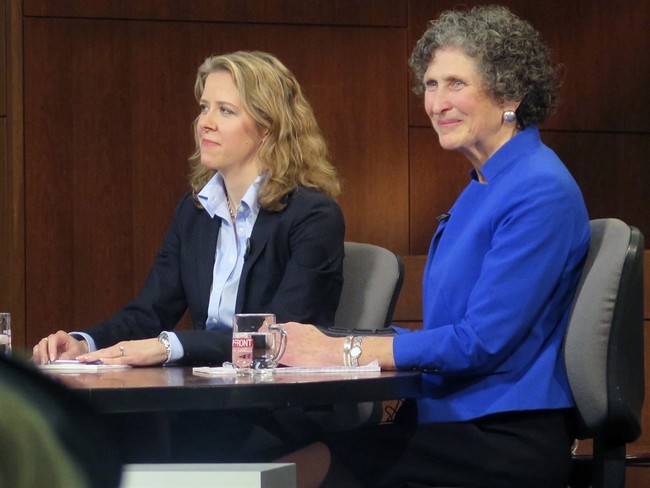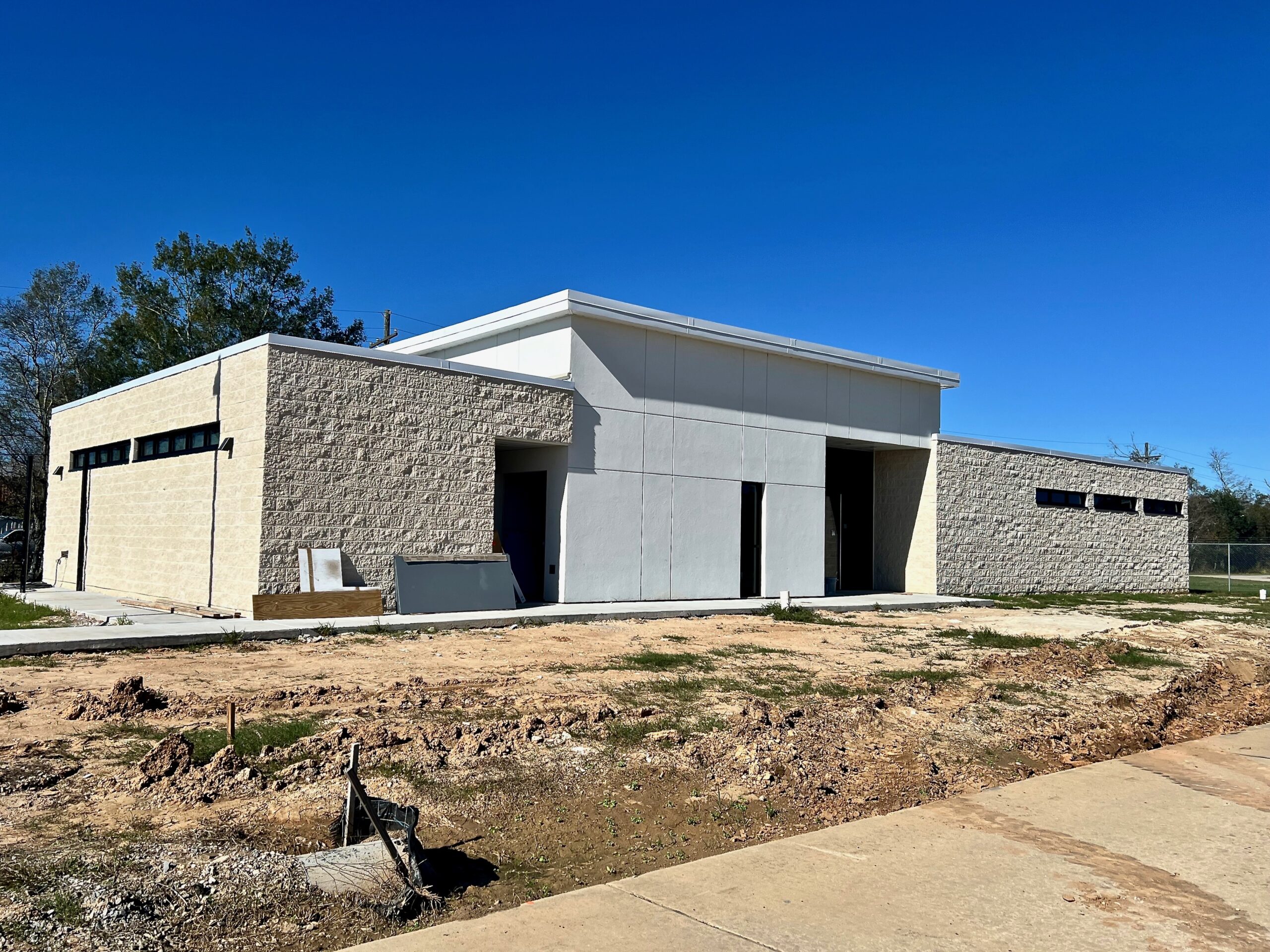
In a significant political development for Wisconsin, Rebecca Bradley, a conservative justice on the Wisconsin Supreme Court, has announced she will not seek reelection in 2026. This decision comes as the state prepares for a competitive election cycle, with implications that could reshape the court’s ideological balance.
Implications of Bradley’s Decision
Bradley’s choice not to run follows revelations regarding her financial disclosures, which indicated she had not raised any campaign funds this year. This financial stagnation raised concerns about her viability in the upcoming election against Chris Taylor, a left-leaning appellate judge.
Since her election in 2016, when conservatives held a majority on the court, the political landscape has shifted dramatically. Liberals have won the last three Supreme Court elections by notable margins, establishing a current 4-3 majority. Should Taylor secure victory, this could expand the liberal majority to 5-2, creating significant challenges for the Republican-controlled legislature.
The absence of Bradley from the race opens the field for potential conservative candidates, yet it appears Taylor is a strong frontrunner. The urgency for the Republican Party to galvanize support and identify a candidate to contest this seat is paramount. Bradley’s decision has been described as a potential “fatal blow” to conservative efforts in the state.
Responses from Political Observers
Political commentator Dan O’Donnell noted Bradley’s decision as a critical moment for Wisconsin conservatives. He emphasized the need for immediate action from the Republican Party to address the implications of this shift. Observers are voicing concerns that without a strong candidate, the Republican Party may struggle to reclaim the court’s balance.
Comments from constituents reflect a mix of disappointment and concern. Many believe that the Republican Party must undergo significant changes to remain competitive in upcoming elections. Some voices in the party are calling for a reevaluation of leadership to better align with voter expectations and to counter the growing influence of the Democratic Party.
As the political landscape evolves, the importance of the Republican Party’s response to Bradley’s decision cannot be understated. The court’s future and the balance of power within Wisconsin hinge on the outcomes of the forthcoming elections, making it crucial for party leaders to mobilize resources and support effectively.
With the Spring Election approaching, Wisconsin’s political arena is set for a pivotal moment, and the ramifications of Bradley’s exit will be closely monitored by both sides of the aisle. Engaging with voters and addressing their concerns will be essential for Republicans aiming to regain influence in the state.






